When we as a global community confront the truly difficult question of considering what is really worth devoting our limited time and resources to in an era marked by such global catastrophe, I always find my mind returning to what the Internet hasn’t really been used for yet—and what was rumored from its inception that it should ultimately provide—an utterly and entirely free education for all the world’s people.
In regard to such a concept, Bill Gates said in 2010, “On the web for free you’ll be able to find the best lectures in the world […] It will be better than any single university […] No matter how you came about your knowledge, you should get credit for it. Whether it’s an MIT degree or if you got everything you know from lectures on the web, there needs to be a way to highlight that.”
That may sound like an idealistic stretch to the uninitiated, but the fact of the matter is universities like MIT, Harvard, Yale, Oxford, The European Graduate School, Caltech, Stanford, Berkeley, and other international institutions have been regularly uploading entire courses onto YouTube and iTunes U for years. All of them are entirely free. Open Culture, Khan Academy, Wikiversity, and many other centers for online learning also exist. Other online resources have small fees attached to some courses, as you’ll find on edX and Coursea. In fact, here is a list of over 100 places online where you can receive high quality educational material. The 2015 Survey of Online Learning revealed a “Multi-year trend [that] shows growth in online enrollments continues to outpace overall higher ed enrollments.” I. Elaine Allen, co-director of the Babson Survey Research Group points out that “The study’s findings highlight a thirteenth consecutive year of growth in the number of students taking courses at a distance.” Furthermore, “More than one in four students (28%) now take at least one distance education course (a total of 5,828,826 students, a year‐to‐year increase of 217,275).” There are so many online courses, libraries of recorded courses, pirate libraries, Massive Open Online Courses, and online centers for learning with no complete database thereof that in 2010 I found myself dumping all the websites and master lists I could find onto a simple Tumblr archive I put together called Educating Earth. I then quickly opened a Facebook Group to try and encourage others to share and discuss courses too.
The volume of high quality educational material already available online is staggering. Despite this, there has yet to be a central search hub for all this wonderful and unique content. No robust community has been built around it with major success. Furthermore, the social and philosophical meaning of this new practice has not been strongly advocated enough yet in a popular forum.
Continue reading “A Free Education for all the World’s People: Why is this Not yet a Thing?” »

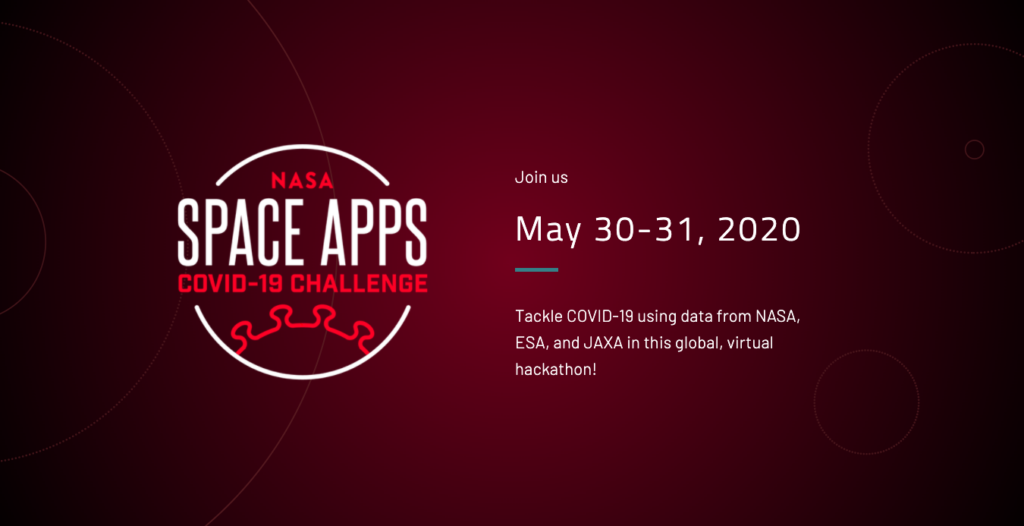
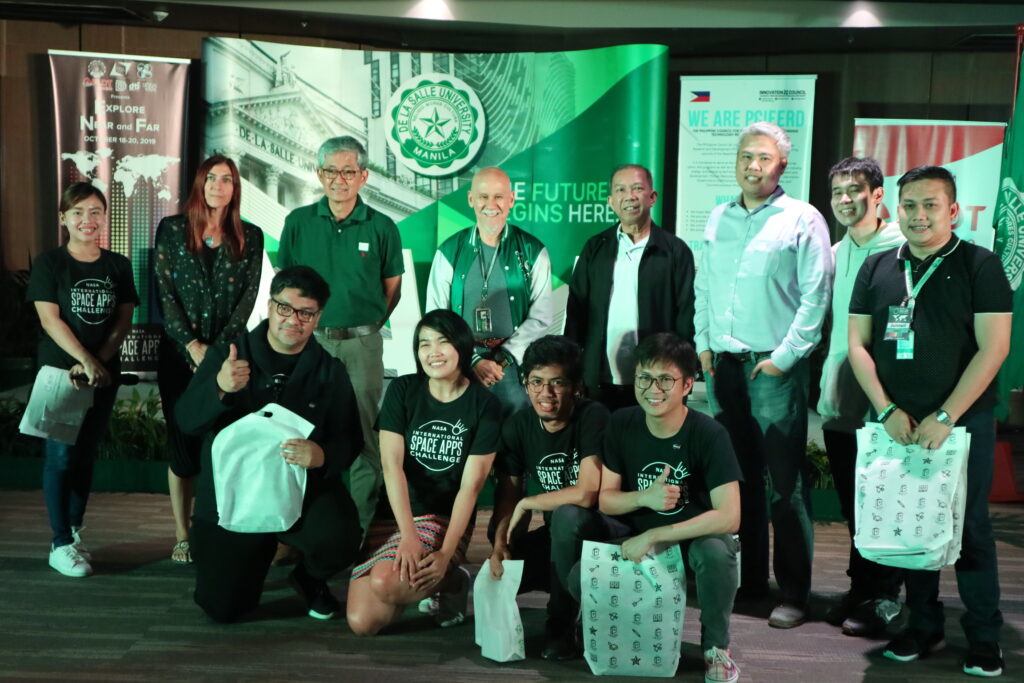
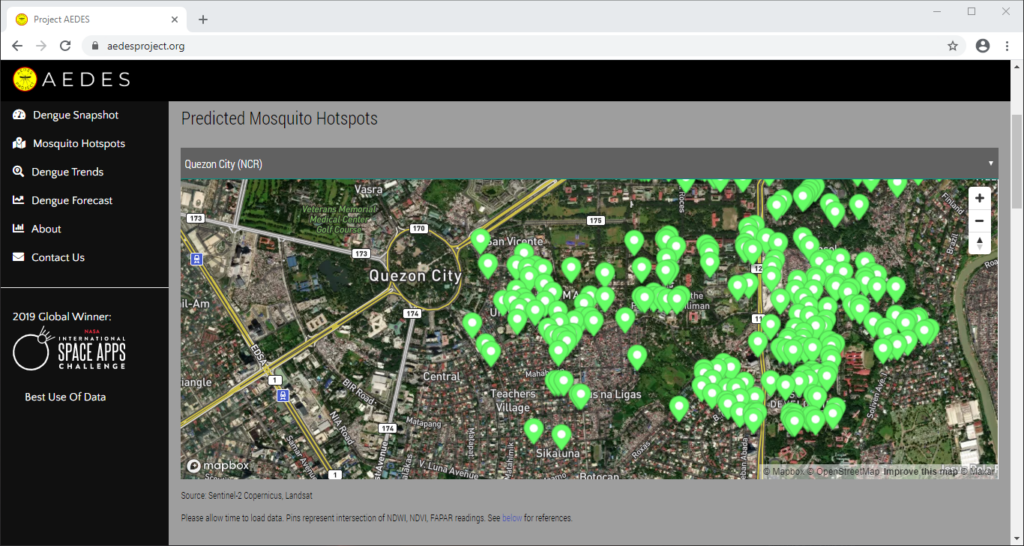
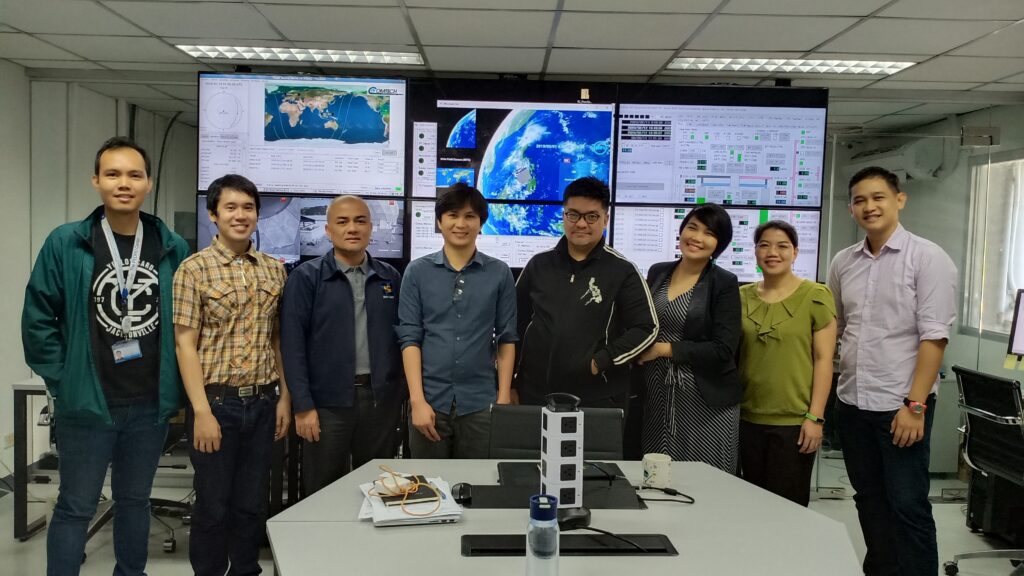

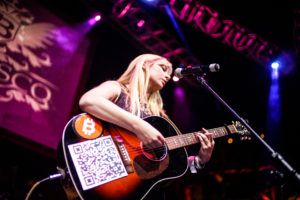
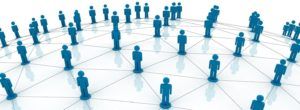 secure than products and institutions built upon legacy architectures.
secure than products and institutions built upon legacy architectures.









